"Price stability before budget rebalance"
NBS Governor Radovan Jelašić says the govt. should take measures to stabilize prices before rebalancing the budget.
Tuesday, 15.07.2008.
13:34

NBS Governor Radovan Jelasic says the govt. should take measures to stabilize prices before rebalancing the budget. “It’s very important that there’s willingness in the new government to work quickly to alleviate the negative external effects on prices, such as soaring energy prices, as delays will cost the tax payer dear,” Jelasic told Beta. "Price stability before budget rebalance" The National Bank of Serbia (NBS) governor explained that the key issue for the government was not how to increase budget expenditure with a view to keeping pre-election promises, but to pursue a restrictive fiscal policy in the face of increasing exterior challenges, in order to alleviate their negative effect on inflation. He warned that at the end of June the base rate of inflation had been 10 percent at the halfway point in the year, even though the original plan for the entire year had been three to six percent, while overall inflation, projected at 6.5 to 8 percent, had exceeded 12 percent. “Inflation of that scale, in a situation where we’ve had a two-year interval in carrying out structural reforms, has been brought about by salary increases--for which Serbia was the record-holder last year--an increase in gross expenditure that in the last few years has risen from 40.4 to 44 percent of GDP, as well as foreign debt,” Jelasic explained. “A big challenge for the NBS will be returning the base inflation rate to its planned level,” said the governor, adding that to achieve this, the central bank could always, in addition to increasing the key interest rate of 15.75 percent, apply other monetary measures if necessary—first and foremost, those pertaining to supervision of the financial sector. As far as what the government could do to help reduce inflation, he said that immediate action was required. The government, Jelasic said, had at its disposal a wide range of fiscal and customs instruments to reduce excise on crude derivatives. “Certain measures, such as reducing excise, would have a direct impact on the budget, but there are also those, like reducing tax on agricultural imports, that would hit certain interest groups, and that’s why they’re not welcome,” said the NBS governor. The appointment of former NBS Deputy Governor Dijana Dragutinovic as finance minister created, he said, “the ideal conditions for effective cooperation between the NBS and the government.” Radovan Jelasic (FoNet, archive)
"Price stability before budget rebalance"
The National Bank of Serbia (NBS) governor explained that the key issue for the government was not how to increase budget expenditure with a view to keeping pre-election promises, but to pursue a restrictive fiscal policy in the face of increasing exterior challenges, in order to alleviate their negative effect on inflation.He warned that at the end of June the base rate of inflation had been 10 percent at the halfway point in the year, even though the original plan for the entire year had been three to six percent, while overall inflation, projected at 6.5 to 8 percent, had exceeded 12 percent.
“Inflation of that scale, in a situation where we’ve had a two-year interval in carrying out structural reforms, has been brought about by salary increases--for which Serbia was the record-holder last year--an increase in gross expenditure that in the last few years has risen from 40.4 to 44 percent of GDP, as well as foreign debt,” Jelašić explained.
“A big challenge for the NBS will be returning the base inflation rate to its planned level,” said the governor, adding that to achieve this, the central bank could always, in addition to increasing the key interest rate of 15.75 percent, apply other monetary measures if necessary—first and foremost, those pertaining to supervision of the financial sector.
As far as what the government could do to help reduce inflation, he said that immediate action was required.
The government, Jelašić said, had at its disposal a wide range of fiscal and customs instruments to reduce excise on crude derivatives.
“Certain measures, such as reducing excise, would have a direct impact on the budget, but there are also those, like reducing tax on agricultural imports, that would hit certain interest groups, and that’s why they’re not welcome,” said the NBS governor.
The appointment of former NBS Deputy Governor Dijana Dragutinović as finance minister created, he said, “the ideal conditions for effective cooperation between the NBS and the government.”










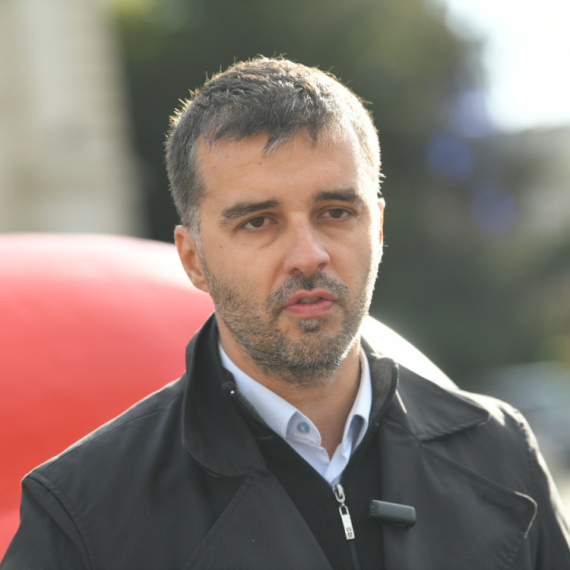
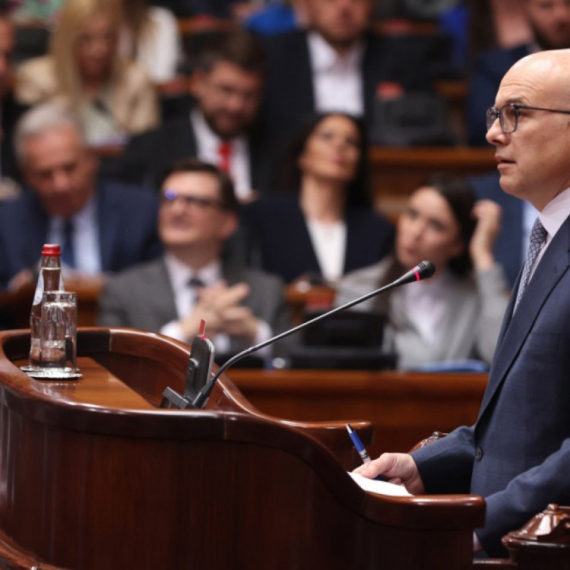



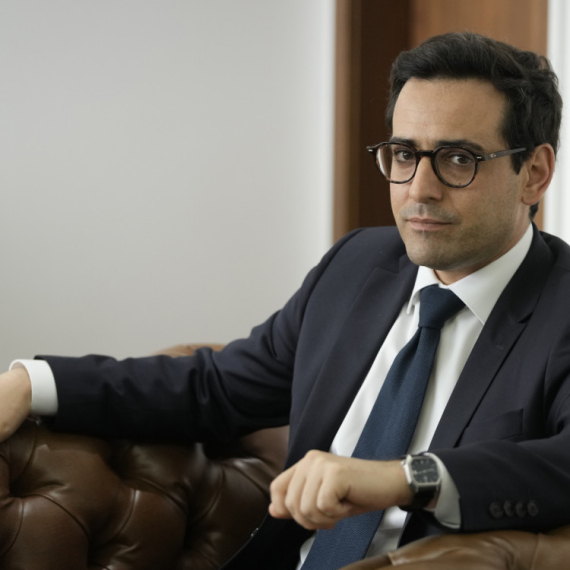
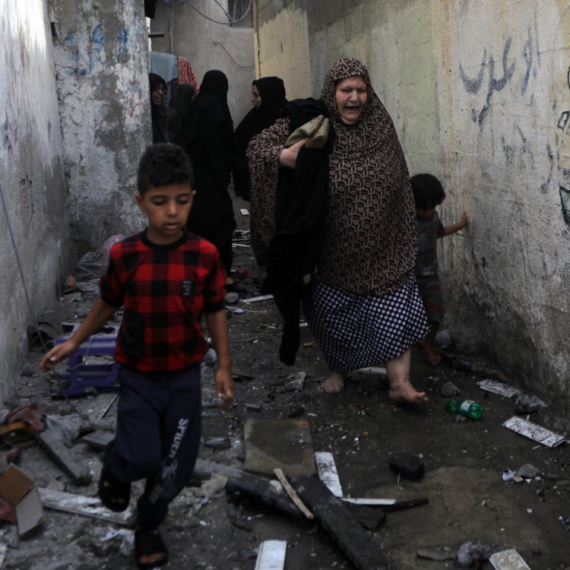
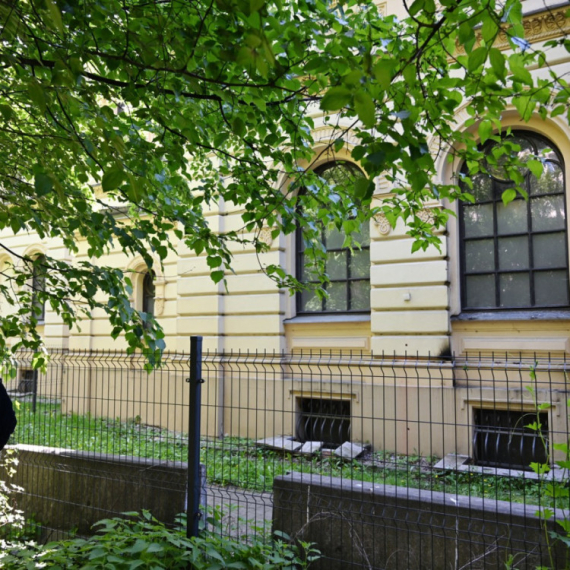




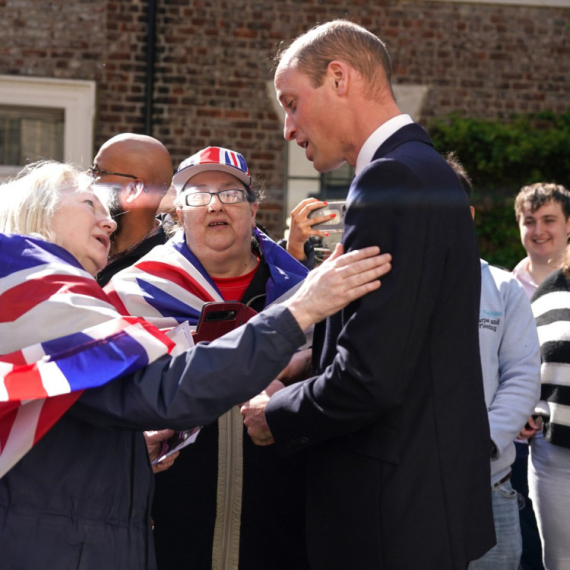



















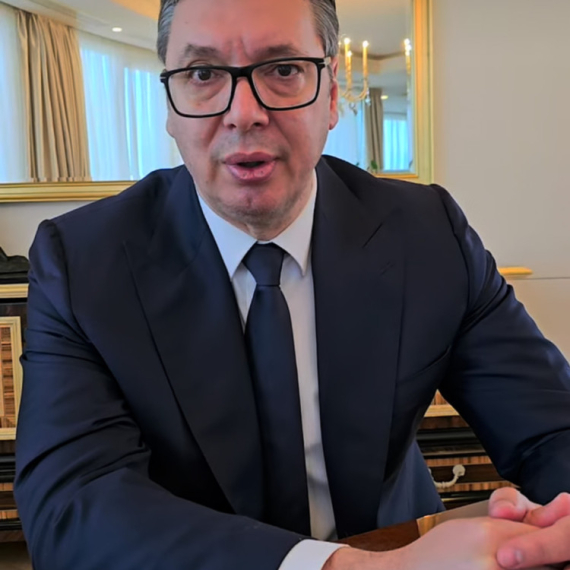
















Komentari 0